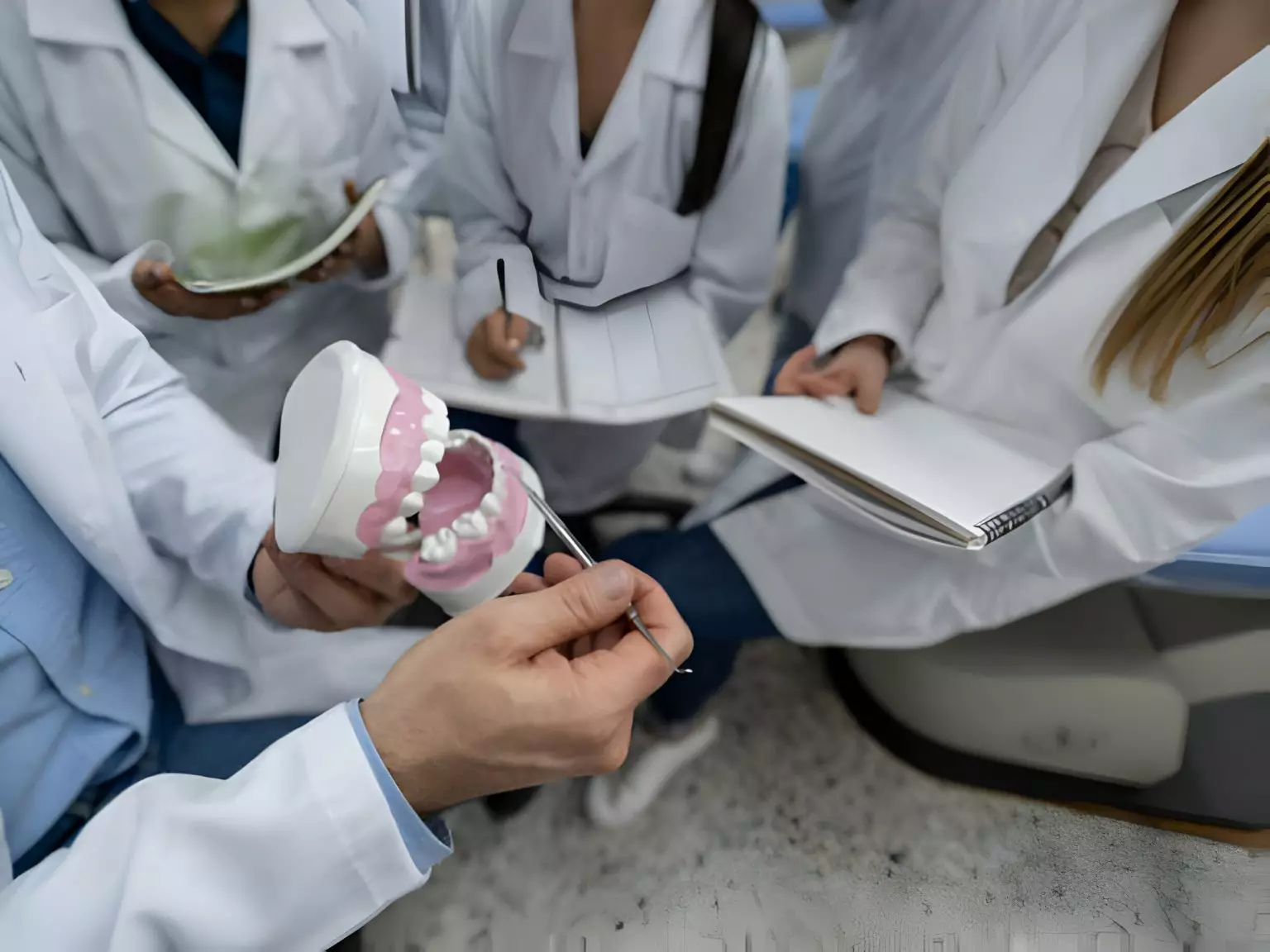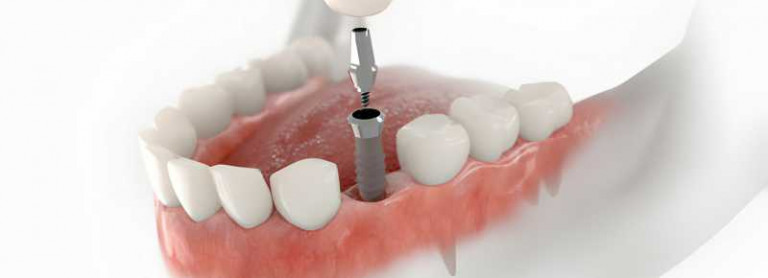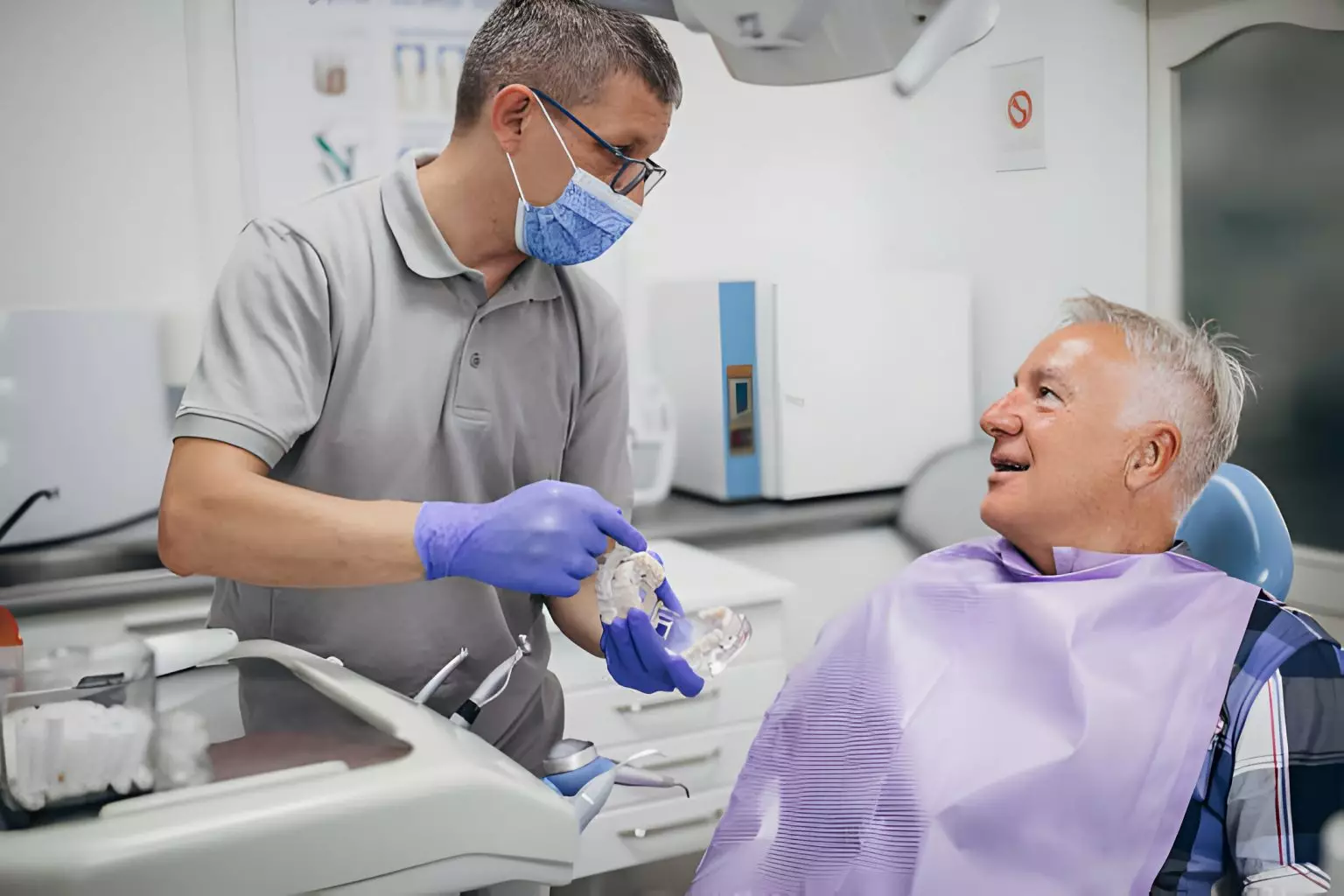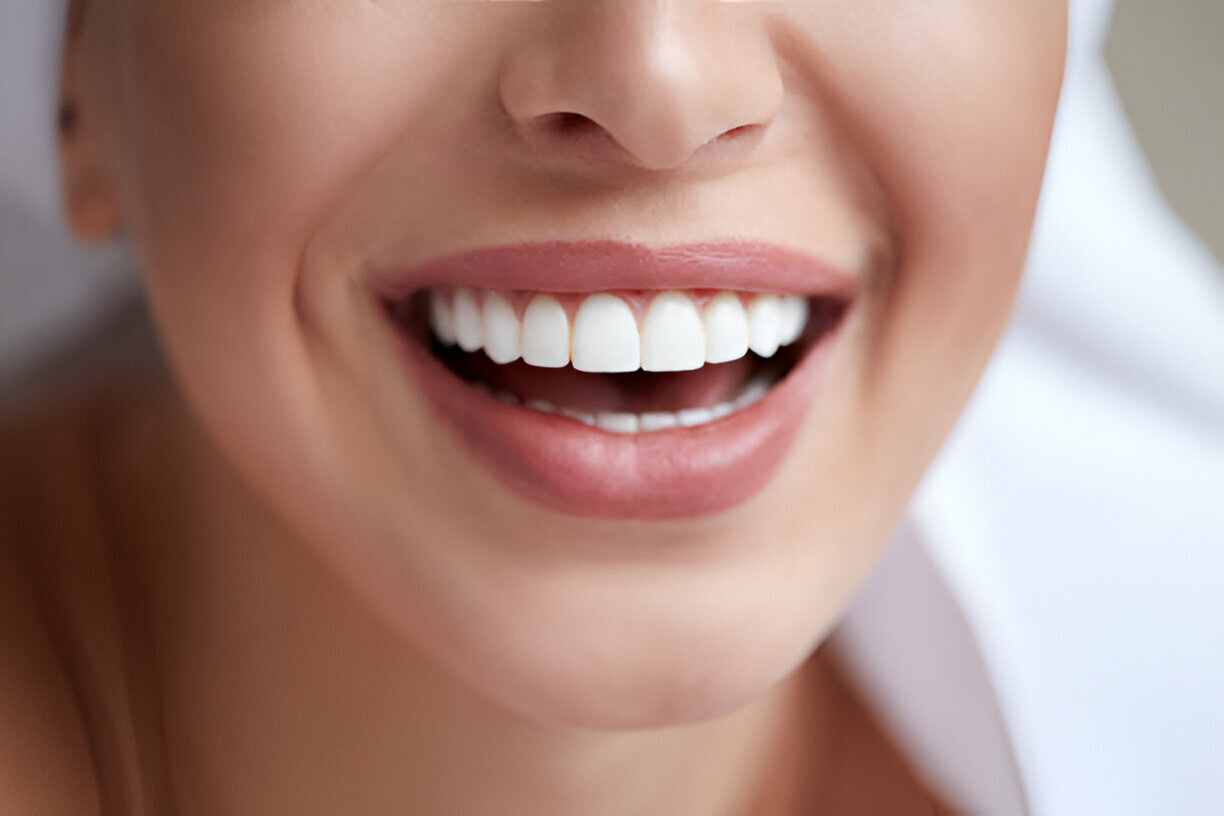Summary:
If you have lost your teeth and are wondering how to restore oral functionality and aesthetics, this article is for you. Losing pearly white natural teeth is one of the worst nightmares ever, and there could be several reasons behind it. Fear not! 
- Understanding Dental Implants As A Critical Appliance
- Dental Implants Components – Explained!
- Surprising Benefits Of Oral Implants
- How To Care For Your Oral Appliance?
- Are Dental Implants Safe For Everyone?
Continue reading as we explore dental implants and their benefits in the following sections.
Understanding Dental Implants As A Critical Appliance
There could be various reasons for tooth loss, such as aging, cavities, oral trauma, injuries, or certain medical conditions. A missing tooth can restrict your ability to chew properly, speak clearly, and smile openly. However, you shouldn’t stop living to the fullest because you have lost your teeth. You can wear dental implants in Keller to restore your oral functionalities. In 2024, about 3 million Americans will use implants, and you should, too, enjoy their benefits. Our dentist in Keller surgically places these implants, which consist of titanium posts, into the jawbone to replicate natural tooth roots. Besides supporting replacement teeth, they prevent bone loss in the jaw, maintain facial structure, and avert further dental issues.
Dental Implants Components – Explained!
Dental implants are a widely accepted solution for replacing missing teeth, offering functional and aesthetic benefits. Understanding the components of oral fixtures is essential to appreciating their effectiveness. Here’s a breakdown of the critical components of fixtures:
Implant Fixture
Implant fixtures are the foundation of a dental implant by the dentist in Keller. They are typically made of titanium and surgically placed into the jawbone by your dentist to replace your natural tooth root. The biocompatible nature of titanium allows the implant to fuse with the bone, providing a stable base for the replacement tooth.
Abutment
The abutment is usually made of titanium, zirconia, or a combination of materials. Dentists position the abutment on top of the implant fixture so that it can connect between the implant and the artificial tooth. It ensures a secure attachment and proper alignment of the prosthetic tooth.
Prosthetic Tooth/Crown
A prosthetic tooth or crown is the visible part of the dental implant that your dentist designs to resemble a natural tooth. The crown is custom-made to match the color, shape, and size of the patient’s existing teeth. We make crowns using materials like porcelain or ceramic, which provide durability and aesthetic appeal.
Implant Screw
The screw serves as a crucial component in fastening the abutment securely onto the implant fixture, guaranteeing structural reliability. Careful design and selection of materials significantly contribute to the stability and longevity of the entire implant structure, ensuring its enduring functionality over time.
Surprising Benefits Of Oral Implants
Implants of teeth have emerged as a revolutionary solution for addressing tooth loss in modern dentistry. Beyond their apparent role in restoring smiles, these fixtures offer many unexpected benefits beyond aesthetics. Here are some surprising benefits of fixtures that you should know:
Preservation Of Jawbone Health
A missing tooth can cause osteoporosis or loss of jawbone density. Oral fixtures go beyond simply replacing missing teeth; they mimic the natural tooth root, providing crucial stimulation to the jawbone. This stimulation prevents bone loss and deterioration, thus preserving overall jawbone health and structural integrity.
Improvement Of Speech
Missing teeth can significantly impact speech clarity and pronunciation. Implants and dental firmly secure themselves into the jawbone to provide a stable foundation for prosthetic teeth. This stability enables individuals to pronounce words more clearly and maintain natural speech patterns, enhancing communication skills and self-confidence.
Providing Comfort and Functionality
Dental fixtures seamlessly integrate into the oral cavity, unlike removable dentures, which may cause discomfort, soreness, or instability. This integration ensures a rigid and secure fit, allowing for natural biting, chewing, and speaking without hindrance. Individuals with fixtures can confidently enjoy their favorite foods without concerns about slippage or discomfort.
Longevity And Durability
Implantation teeth offer everlasting longevity and durability. With proper care, most implants can last decades or even a lifetime, making them a cost-effective investment in the long run. Fixtures also show exceptional durability, withstanding the rigors of daily oral functions without compromising their structural integrity.
Preservation Of Adjacent Teeth
Traditional tooth replacement options, such as bridges, often require the alteration of adjacent healthy teeth to provide support. In contrast, fixtures stand independently, preserving the integrity of surrounding teeth. This preservation minimizes the risk of damage or decay to adjacent teeth, promoting long-term oral health and stability.
How To Care For Your Oral Appliance?
Caring for teeth implants is crucial to maintaining their health and ensuring a lasting smile. Adhere to a consistent oral hygiene routine to keep your implants in top condition.
- Clean your teeth with fluoride toothpaste and a soft-bristled toothbrush at least twice daily. Floss the region surrounding the implant to remove food particles and plaque.
- Use antimicrobial mouthwash to reduce bacteria further and prevent infections.
- Avoid chewing on complex objects or sticky foods that could damage the implant or surrounding tissues. Regular oral check-ups and professional cleanings are vital for monitoring the implant’s stability and promptly addressing concerns.
- By following these steps diligently, you can ensure the success and longevity of your appliance.
Are Dental Implants Safe For Everyone?
Dental implants or false tooth implants are widely considered safe for most individuals. However, candidacy and safety can be influenced by various factors, including overall health, bone density, and gum health. Certain health conditions like uncontrolled diabetes and smoking may increase the risk of complications. Maintaining good oral hygiene and attending regular dental check-ups are crucial for the long-term success of fixtures. Consulting a qualified dental professional to assess individual suitability and ensure safety is essential for implant treatment.
Takeaway
- Dental implants are made from titanium and are implanted into the jawbone to replace natural tooth roots.
- Fixtures consist of various parts, including the implant fixture, abutment, prosthetic tooth, and implant screw, all essential for stability and functionality.
- Implants can stimulate jawbone health, improve speech, and preserve the integrity of adjacent teeth.
- Regular oral hygiene practices, such as brushing, flossing, and mouthwash, are crucial for maintaining implant health. Avoiding hard or sticky foods can also prevent damage.
- Oral fixtures offer long-lasting benefits, improving oral function and quality of life despite the initial cost.
- Are you still confused about the details of the treatment? Learn more from our professionals at Keller Family Dental.






